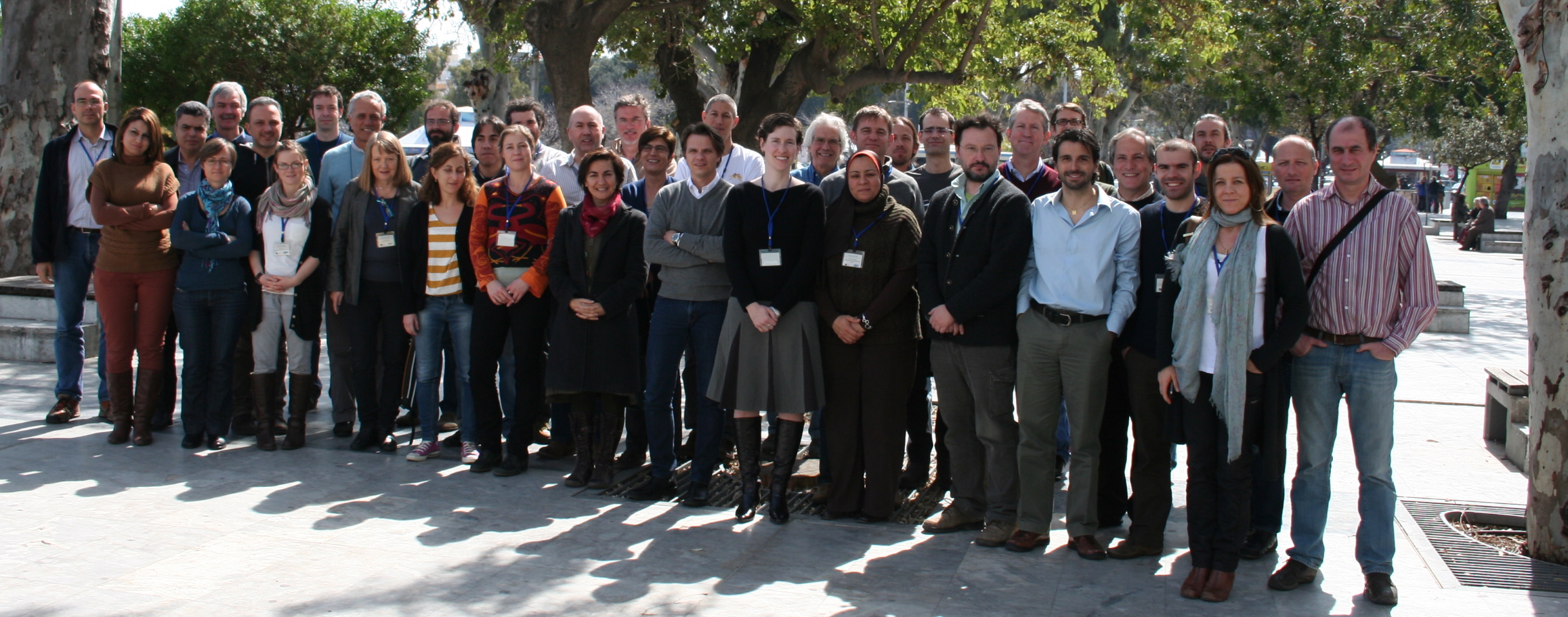To discuss and share knowledge about ocean acidification and climate change impacts on this dynamic marine environment, over 60 scientists from 12 countries, mainly from the Mediterranean region, met in Heraklion, hosted by the Hellenic Centre of Marine Research, on 5th and 6th March 2013 for the 2nd Annual Science Meeting of the EU-funded Mediterranean Sea Acidification in a Changing Climate (MedSeA) project.
These scientists are assessing the effects of global climate change on the coastal habitats of the Mediterranean. Science from the fields of oceanography, physiology, genetics, ecology, earth scientists and modeling is starting to paint a picture that small changes in ocean chemistry can cause big shifts in the ability of marine ecosystems to deliver the goods and services on which we depend.
Patrizia Ziveri (Universitat Autonoma Barcelona) who leads this scientific think-tank says “Global climate changes and the emission rate of CO2 are now occurring faster than at any time in the last 300 million years, and if this continues could impact marine organisms and ecosystems such as corals. This is due the CO2 warming the ocean and making it more acidic and these allow invasive species to spread more rapidly. These combined pressures have serious implications for coastal communities and the food security of the Mediterranean”.
It is clear that despite political and economic turmoil Mediterranean nations need strong leadership on the issue of CO2 emissions as a marine threat; guidelines and support is needed for rapid reductions in emissions and the urgent development of alternative energy sources. New research also shows that a strengthened network of protected areas can build resilience in coastal ecosystems. Eva Krasakopoulou and Constantin Frangoulis from the Hellenic Centre for Marine Reseach says “The MedSeA programme is showing that the battle is not lost – we can work with nature to sustain healthy and productive Mediterranean ecosystems”.











